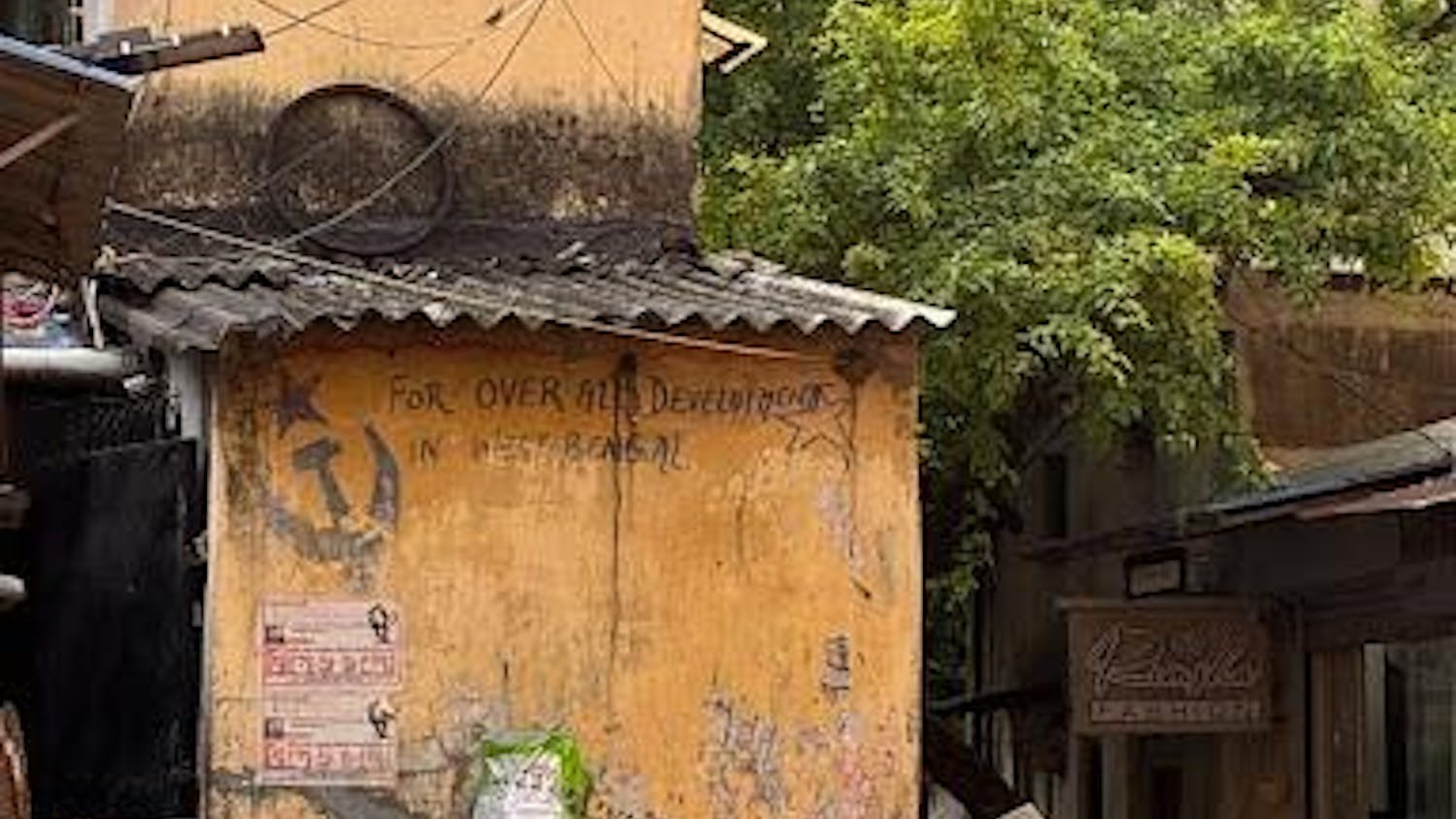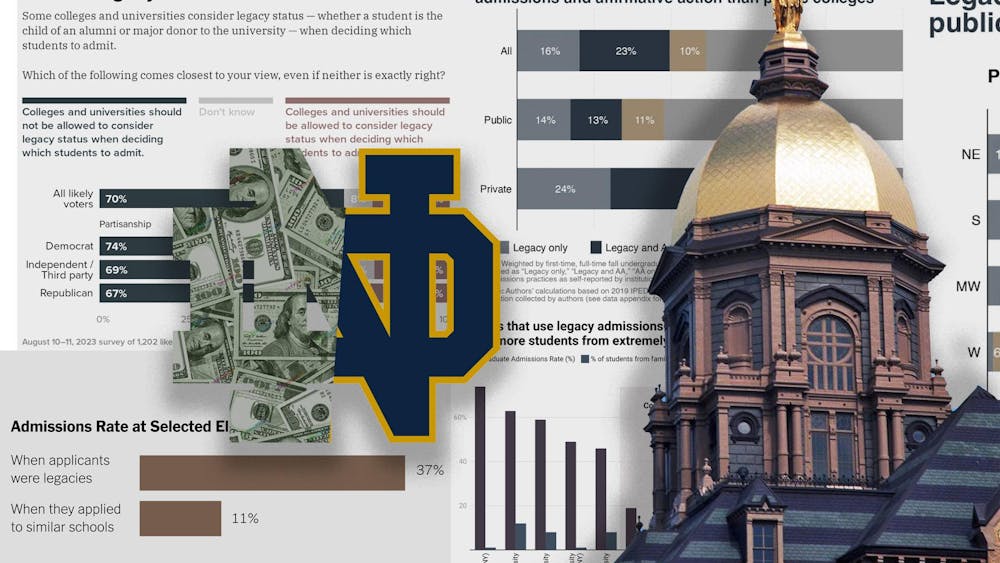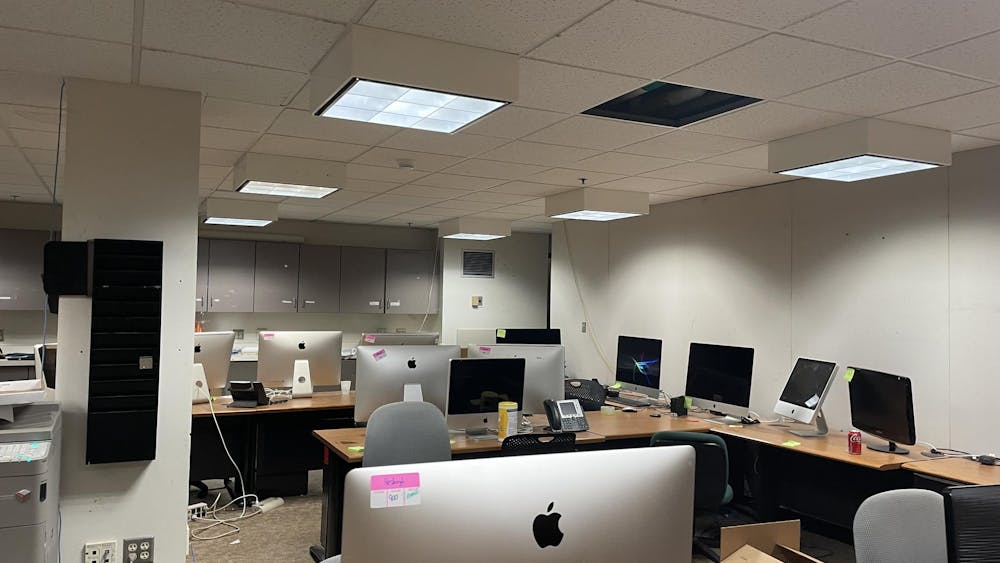
Ayaan Hirsi Ali, a Somali-born Dutch-American activist, feminist, author, scholar and former politician, once said, “I confront the European elite’s self-image as tolerance while under their noses women are living like slaves.”
These words uncover the harsh reality of the Western communities’ superiority complex particularly in terms of women’s status within their societies. For many individuals living in ‘the West’, the grave social dilemmas that fall under the umbrella of gender-based violence and misogyny are classified as phenomena particular to developing Arab and Middle Eastern countries or even just unique to Islam. Accustomed to stereotypical depictions, Westerners are told that Middle Eastern women are passive, weak and always veiled. It is often assumed that the severe conditions in a few nations represent the norm for women throughout the Middle East and in the larger Muslim world.
Western colonial powers have historically shed crocodile tears over the plight of Arab women and have vilified Islam for its role in this oppression. Western treatment of Arab women has been hypocritical at best. Leila Ahmed, who published a study of women and gender in the Islamic world, labels the Western attitude “colonial feminism.” According to Ahmed, colonial feminism refers to the tendency among colonial officers to champion Muslim and Arab women’s rights, while at the same time disregarding fundamental breaches to women’s dignity in their own countries.
It is crucial to acknowledge that female genital mutilation, honor killings, child marriage and other forms of gender-based violence, which are atrocious and traumatizing breaches to women’s dignity and threats to women’s safety, do not only happen in the distant rural communities of Arab or African nations with unstable political, economic and social environments. Female genital mutilation, child marriage and honor killings also happen here in the United States. Read that last sentence again. It happens over here too.
Female genital mutilation (FGM) is “any procedure involving the partial or total removal of the external female genitalia or other injury to the female genital organs. FGM is often performed on girls between the ages of four and 14 to ensure their virginity until marriage.”
The CDC published an estimate of the number of U.S.-resident women potentially affected by or at risk for FGM, indicating that as many as 513,000 girls and women could have experienced FGM or be at risk of experiencing it in the future. The number of girls under 18 at risk of FGM in the U.S. has quadrupled since 1997.
F.A. Cole is an award-winning author, speaker and anti-FGM activist. At 11 years old, she was forced to undergo female genital mutilation (FGM). Cole grew up in Freetown, Sierra Leone, and was born and raised Catholic. This resilient survivor of FGM, child sexual assault and rape, has dedicated her life to empower survivors. She shares her gut-wrenching story during an interview with the AHA Foundation, with inspirational transparency:
“Yes, at age 11 I forcefully underwent female genital mutilation (FGM) and 33 years later, I still suffer from PTSD. My childhood was snatched from me … A week prior, my step mother and father called me and my older sister into the dining room to have a talk. They told us we were going away ‘to be made into women.’ I was 11 and my sister was 13. We didn’t protest much –– we couldn’t, actually. Papa and our step mum had spoken, and we had to do what we were told.”
When asked to give advice to other survivors, Cole said, “We may be from different parts of the world, but we are a community and you have a sister closer than you think.”
Despite the continuous commitment of activists to alleviate gender-based violence and amplify legal protection resources, legislation at both the state and federal level remain unjustifiably inadequate. There are a number of reasons behind this legislative gap –– lack of political will, well-meaning but misguided cultural sensitivities, or lack of awareness about the pervasiveness of FGM on American soil. My findings from analyzing different sources and reports brings the issue even closer to a place we call home: Indiana. In Indiana, there are currently no regulations or bills banning and criminalizing the infliction of FGM on young girls. FGM is legal in Indiana. Quite nauseating, right?
Well, it only gets worse: 48 states still have legal loopholes that allow youth under the age of 18 to marry. In many instances, these loopholes are used for the older partner to avoid statutory rape charges. In 87% of child marriages, the minor is a girl; 86% of the time, she is marrying a legal adult. Based on these numbers, advocates argue that the vast majority of marriages with minors would otherwise constitute statutory rape.
Sherry Johnson from Tampa tells of being pushed to marry her rapist by her parents when she was only 11 years old and then became trapped in an abusive marriage for many years. At 15 years old, Genevieve was dragged by her mom and abuser through four states until they found a judge in Louisiana who married her to her abuser, a divorced father of two in his 40s.
“In 38 states, what would otherwise be considered felony rape becomes completely legal once a marriage license is handed out, Fraidy Reiss, the founder and executive director of Unchained at Last, said. Unchained at Last is an advocacy group dedicated to ending forced and child marriage in the United States.
Sexual predators have an incentive to marry their victims in order to avoid prosecution and possible jail time.
“We’re creating a mockery of statutory rape laws,” Reiss said.
25 states have no minimum age requirement for marriage, which means a nine-year-old child can get married with just one parent’s consent. The risks are just as real for child marriages in the U.S. as they are in developing countries. This means that the stakes are just as high over here, as they are over there.
The above also means that the fight for women’s liberty and dignity is just as crucial here. This is why I would lie to end this piece by highlighting the incredible role that the Ayaan Hirsi Ali Foundation (AHA) has played and continues to play in protecting women in the United States and across the world. AHA’s mission includes “liberating women from cultural practices that violate their human rights” and “championing free speech in the face of opposition, censorship and intimidation.” In 2019, the AHA foundation has worked on more than 11 FGM laws, trained more than 300 professionals and reached over 1,100,000 people through digital media and over 400,000 students across 20 college campuses through their Critical Thinking Unit fellows. They have also launched a nationwide Anti-FGM campaign titled “Free Girls — Stop the Cut.”
As a newly appointed CTU fellow for AHA, I am taking this opportunity to ask you to join the fight. Read and learn more about gender-based violence. Be vocal about the issue and help spread awareness; a single podcast, Ted Talk, article or even quote can go a long way. Petition your leaders and demand liberty, dignity and protection for your community, your neighbors, your friends, your sisters and even for yourselves. And most importantly, keep in mind that these traumatizing issues are not only headlines for foreign news channels or practices for distant rural communities. These practices, they happen over here too.
Krista Akiki is a sophomore at Notre Dame majoring in Business Analytics. Coming from Beirut, Lebanon, she always enjoys trying out new things and is an avid travel-lover. She hopes to take her readers on her journey as she navigates college life and stands up for the issues she believes. She can be reached at kakiki@nd.edu or via Twitter @kristalourdesakiki.
It happens here too
Observer Viewpoint I Kerry Schneeman
Observer Viewpoint I Kerry Schneeman
The views expressed in this column are those of the author and not necessarily those of The Observer.









